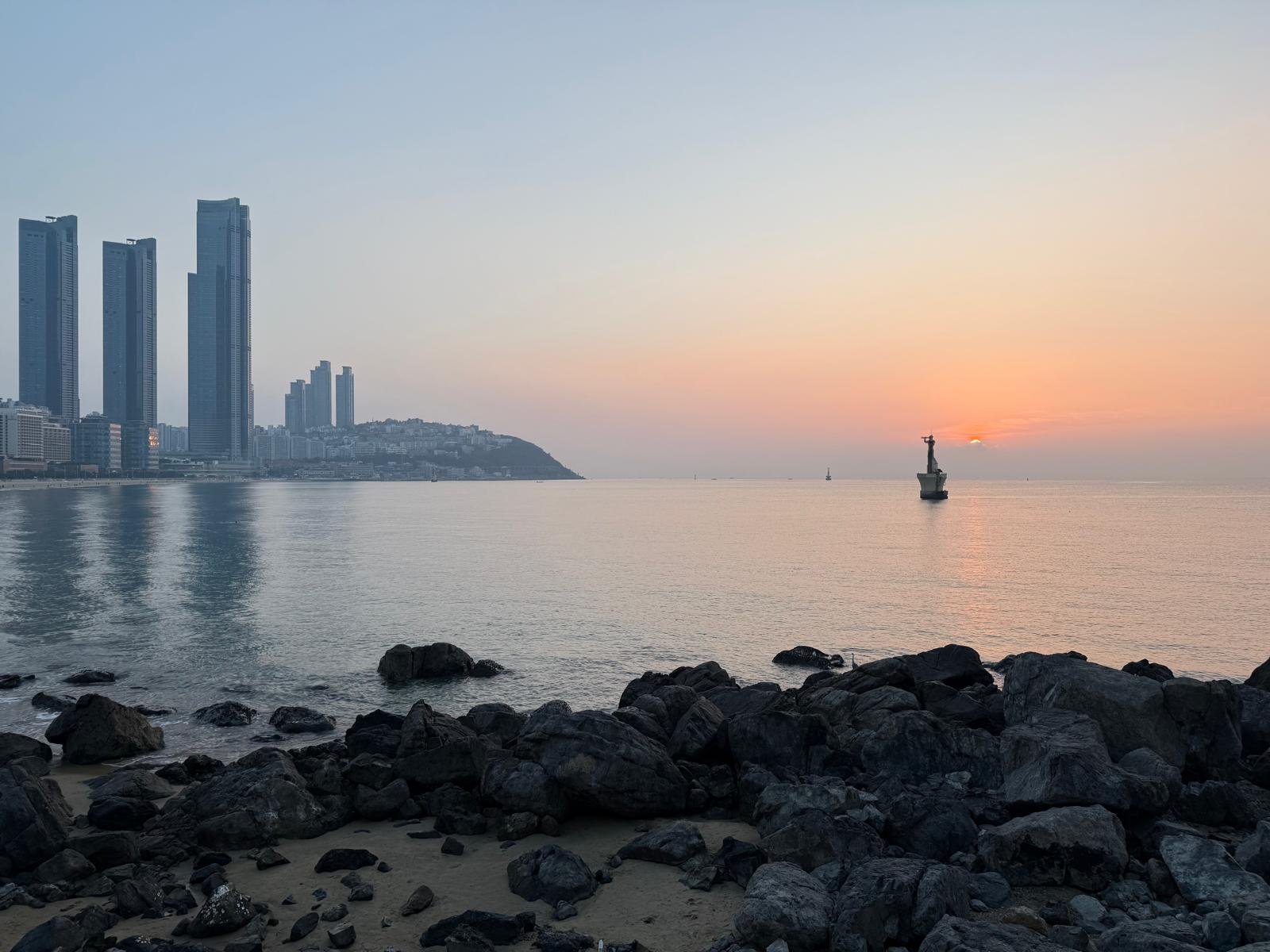
Enhancing Ambition in the Plastics Pollution Treaty
The Bridge to Busan initiative aims to highlight calls for ambition in the plastics treaty negotiations. The Declarations and Statement on this site describe key provisions endorsed by numerous signatory countries and stakeholder organizations of the Intergovernmental Negotiating Committee on Plastic Pollution.